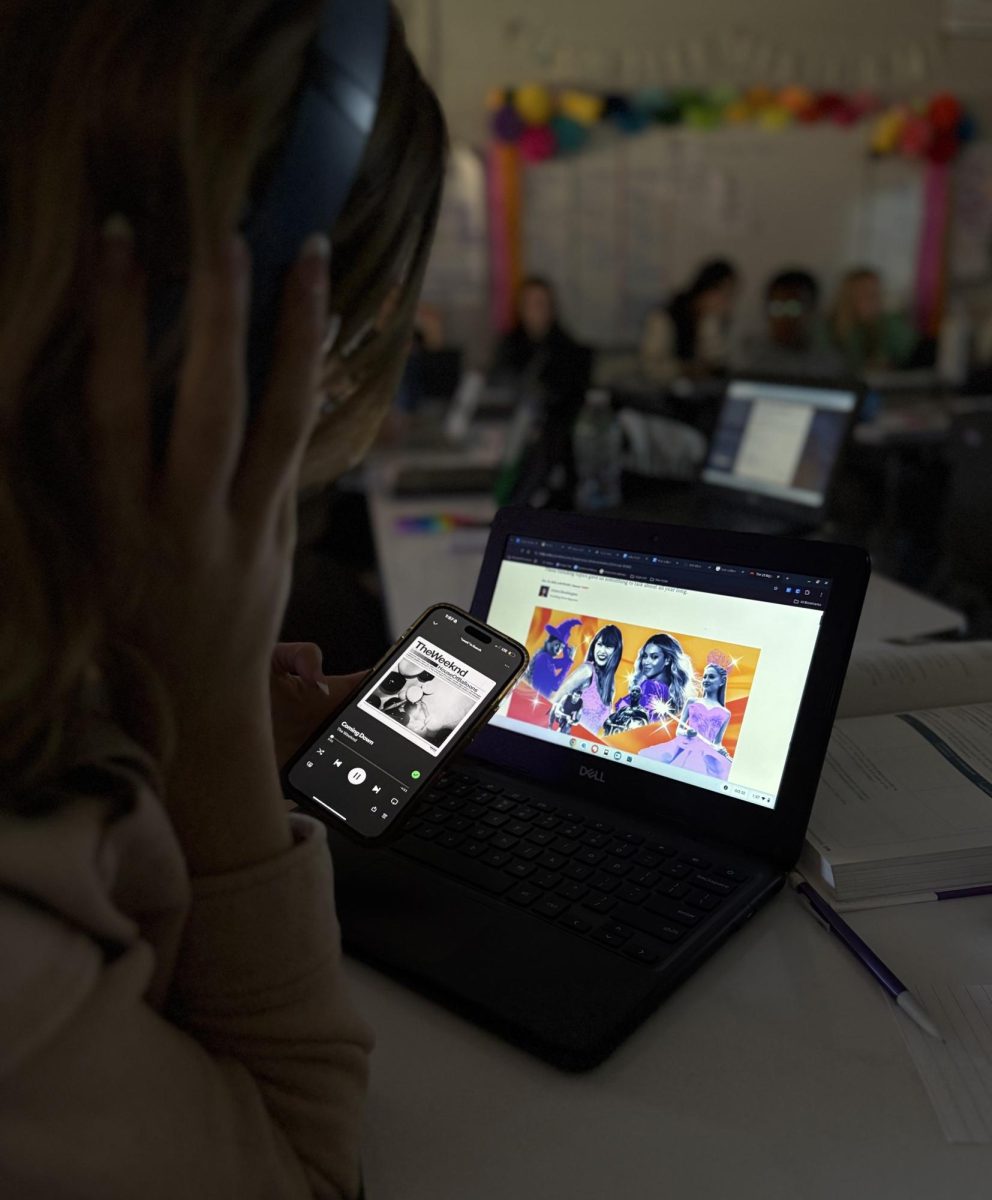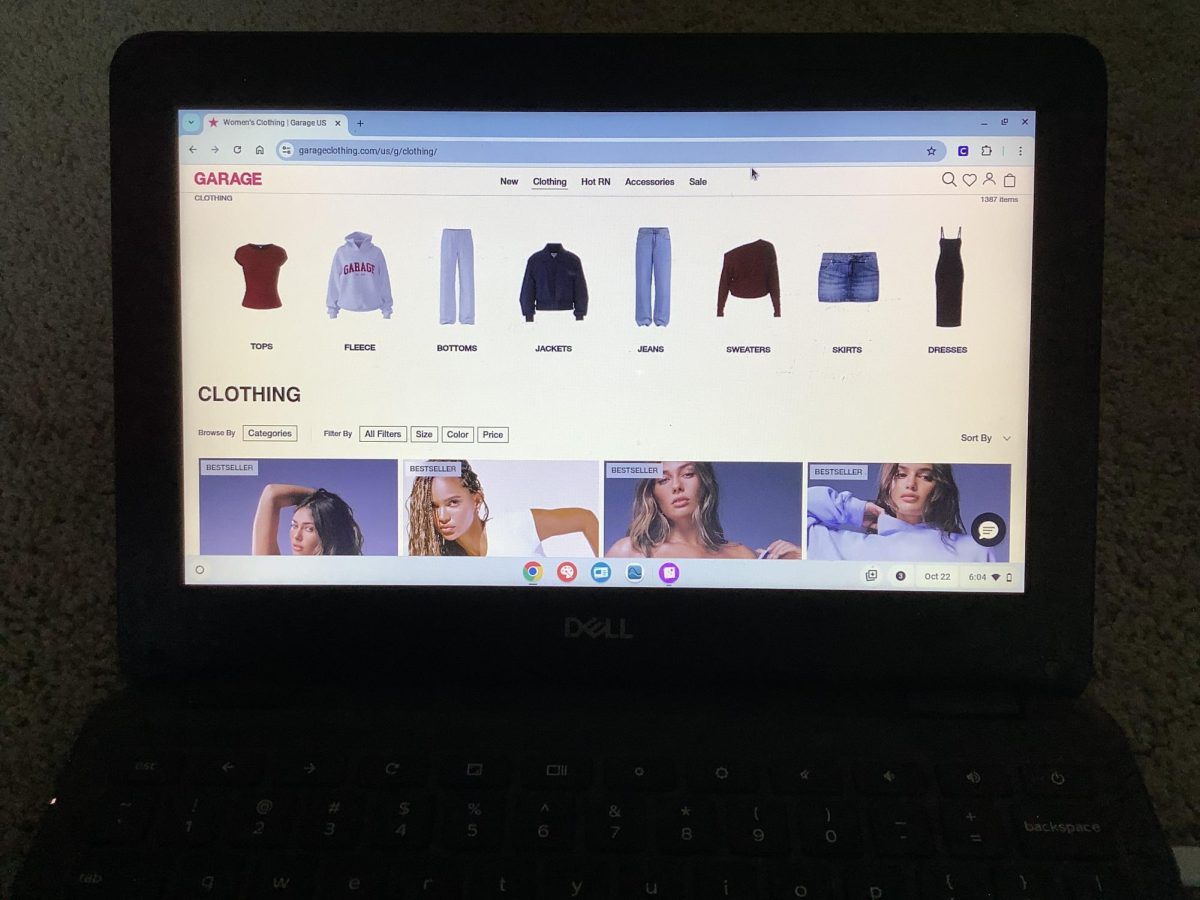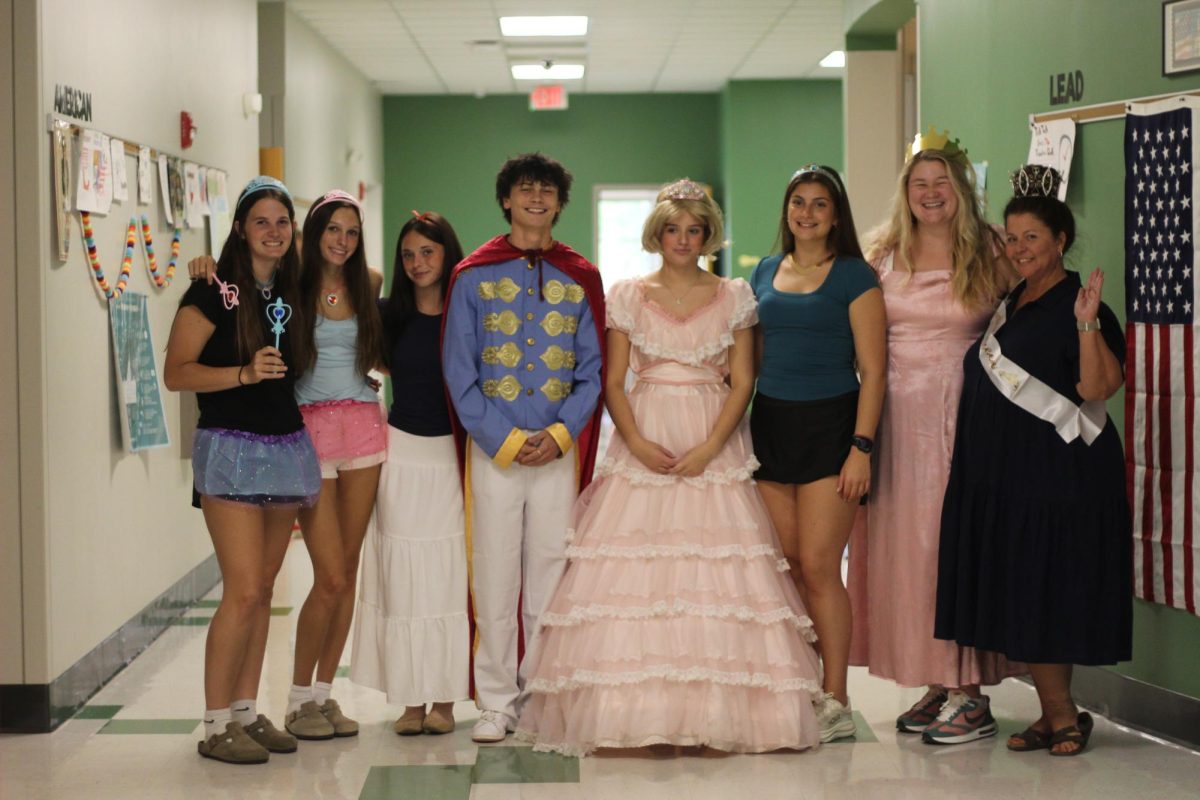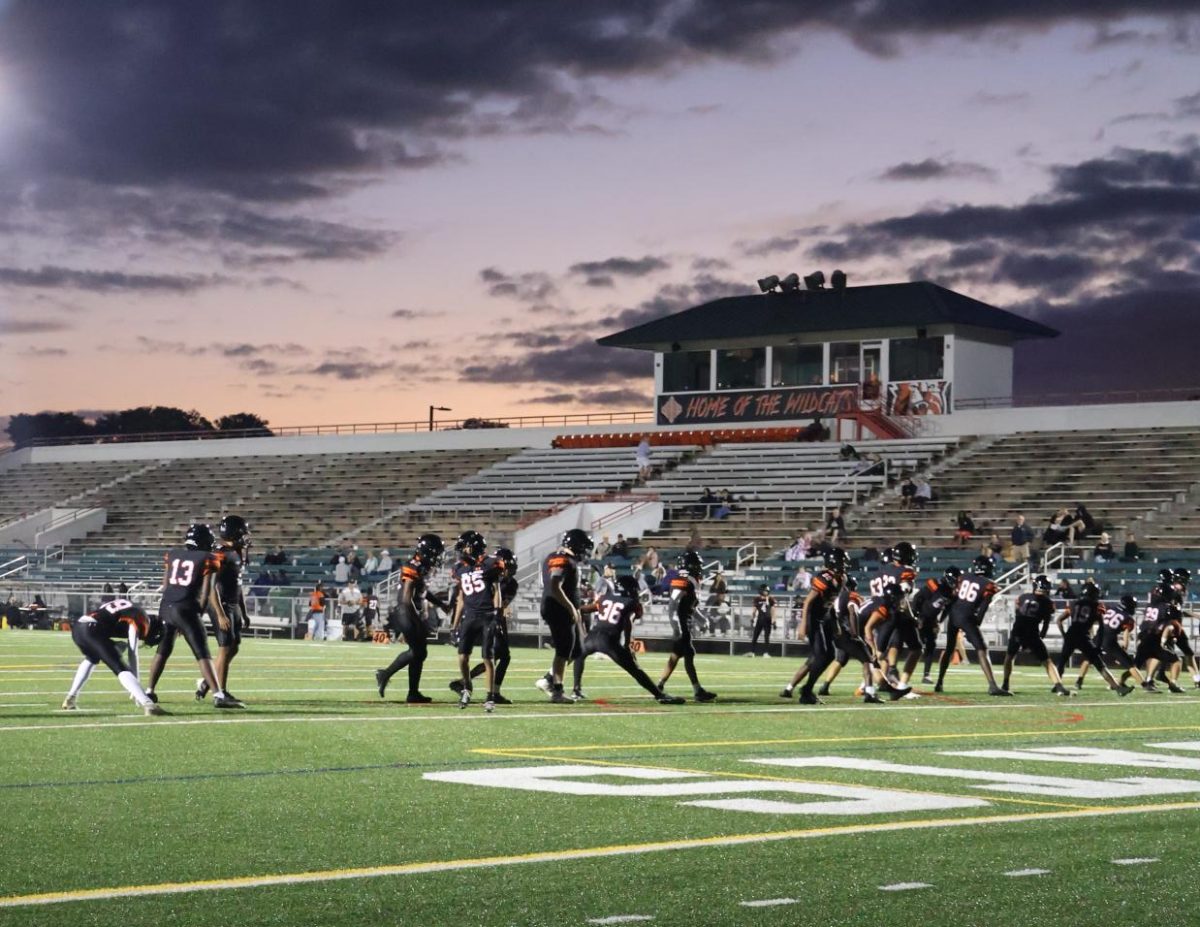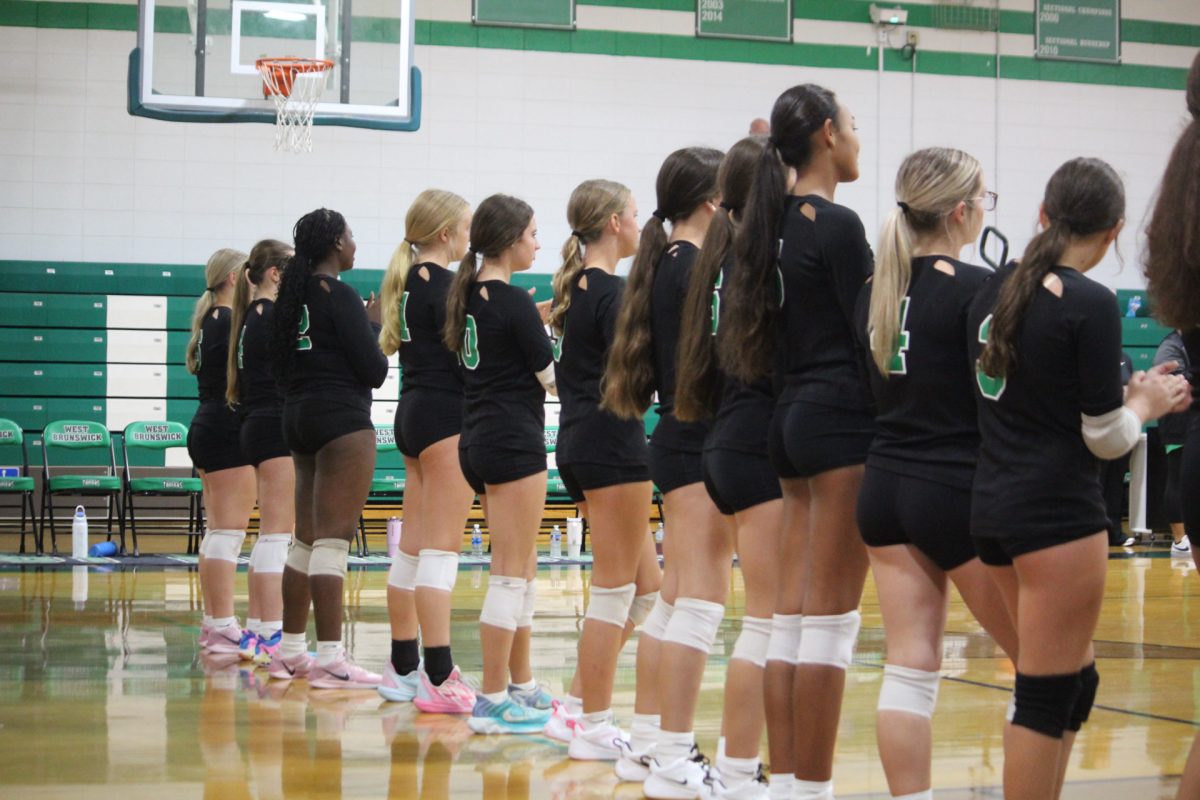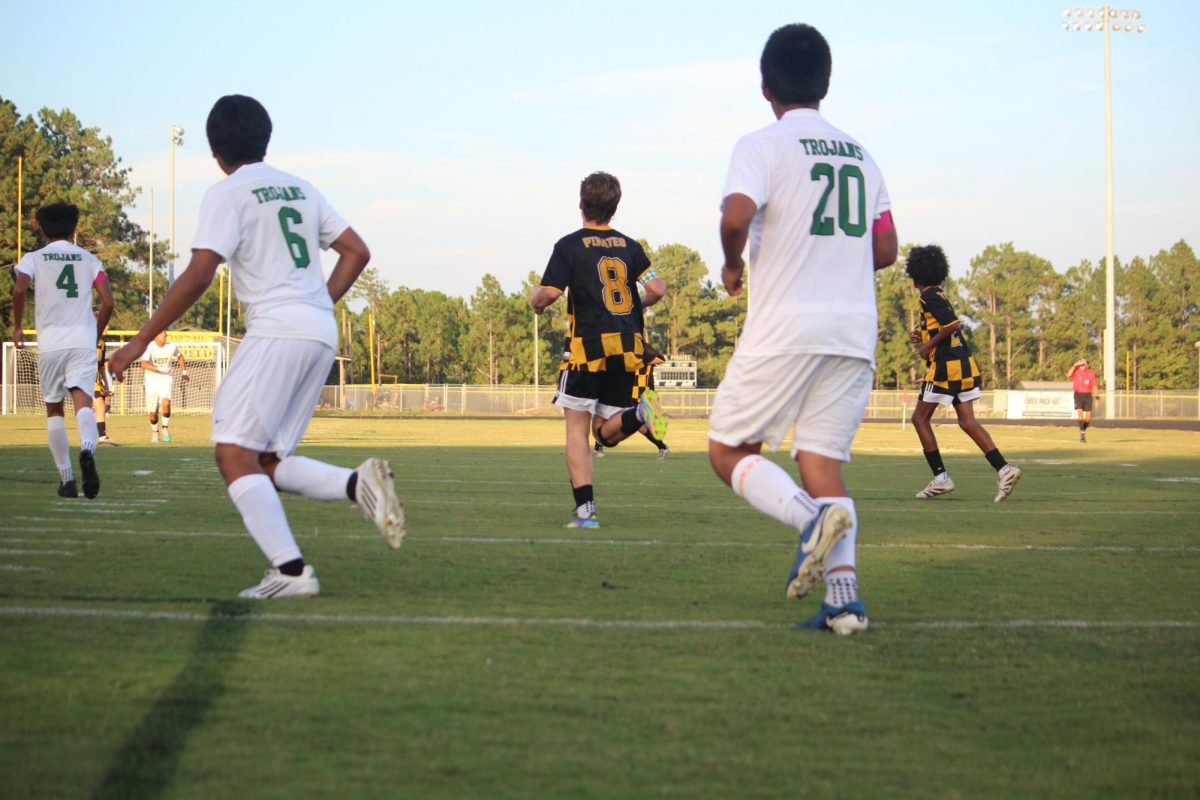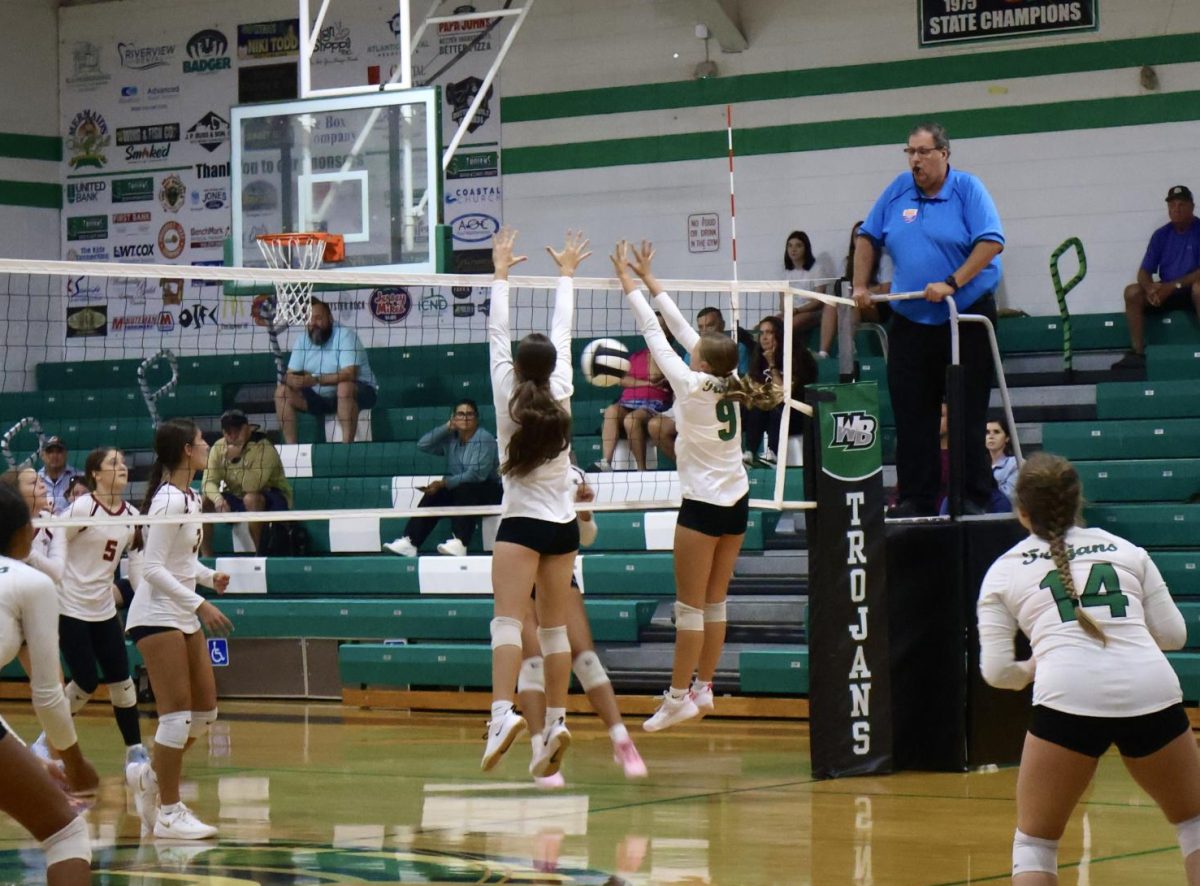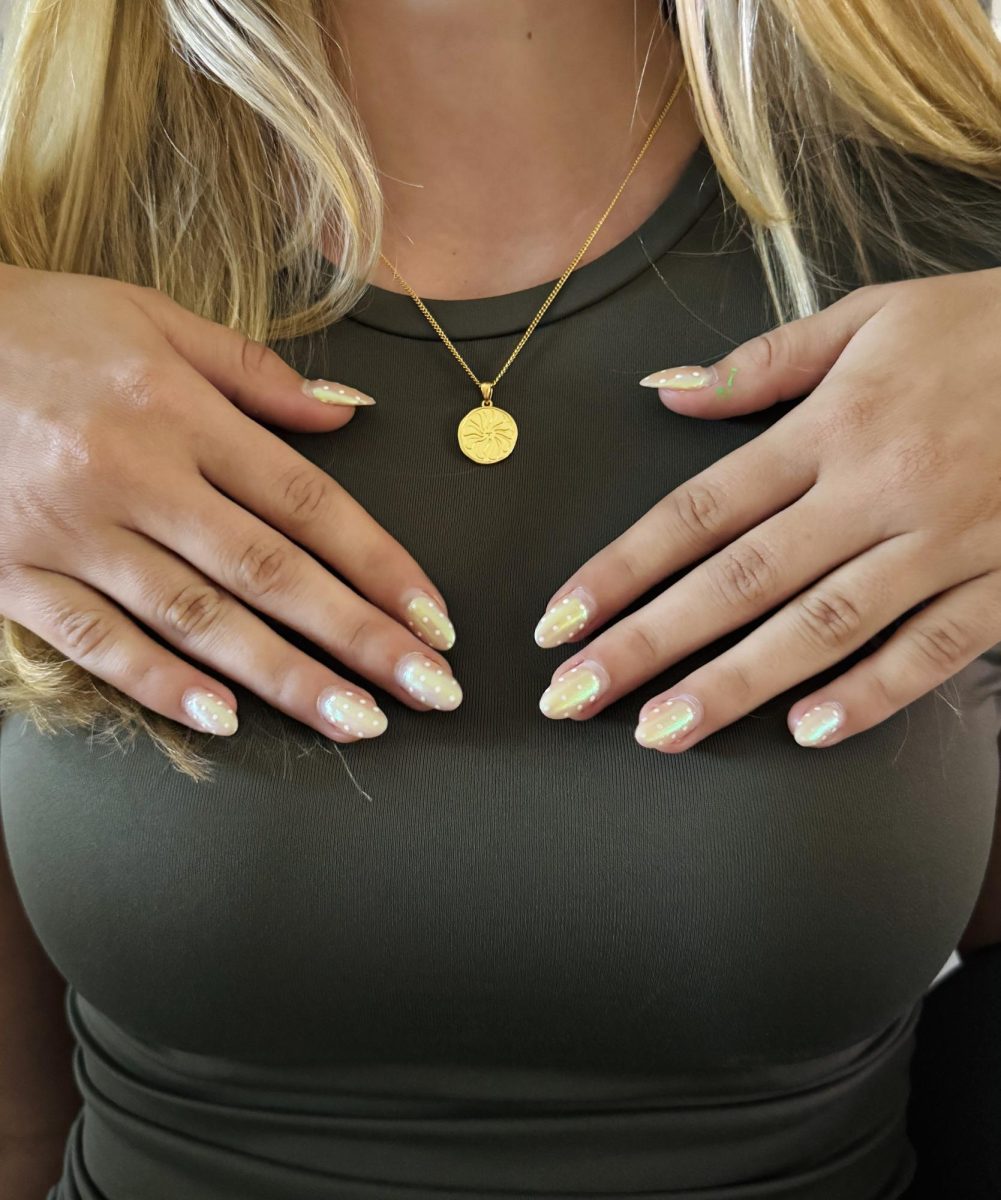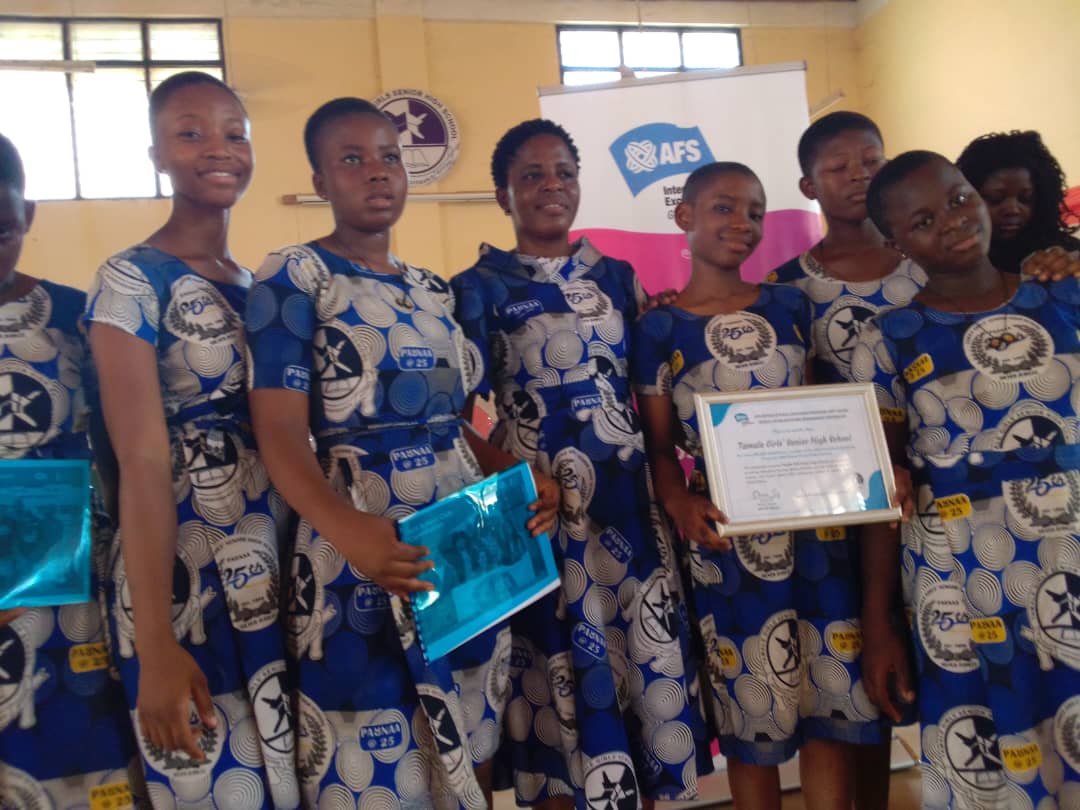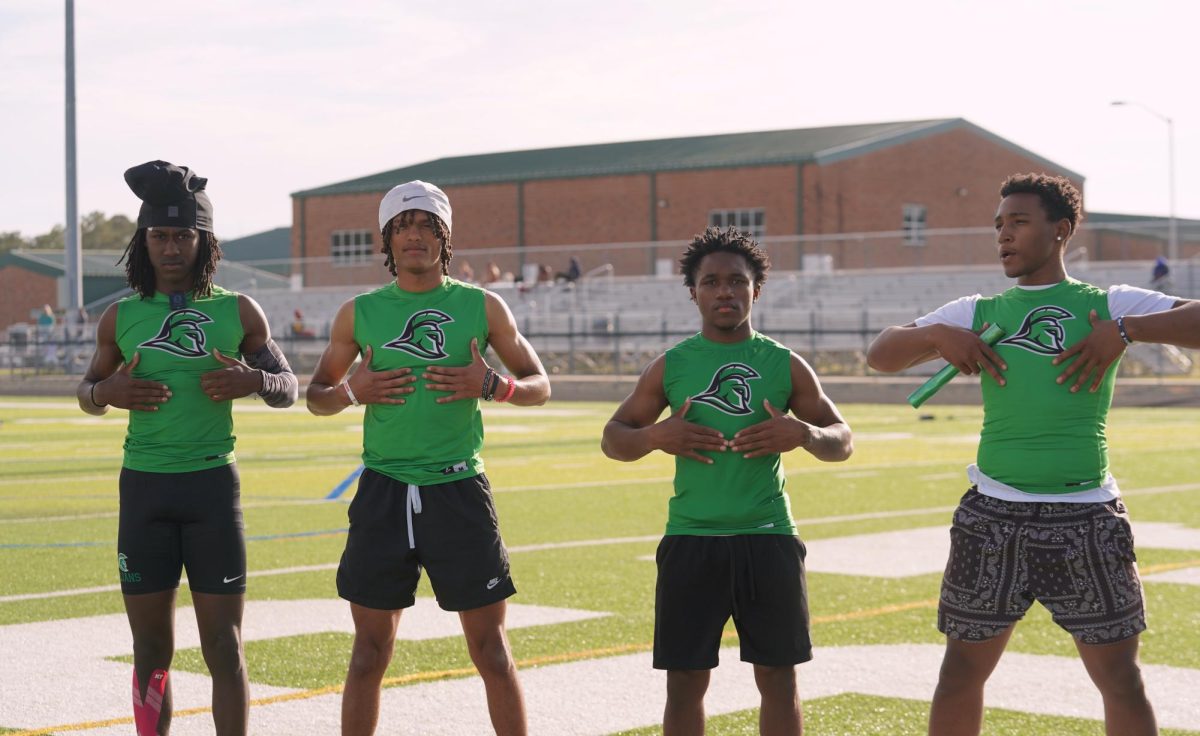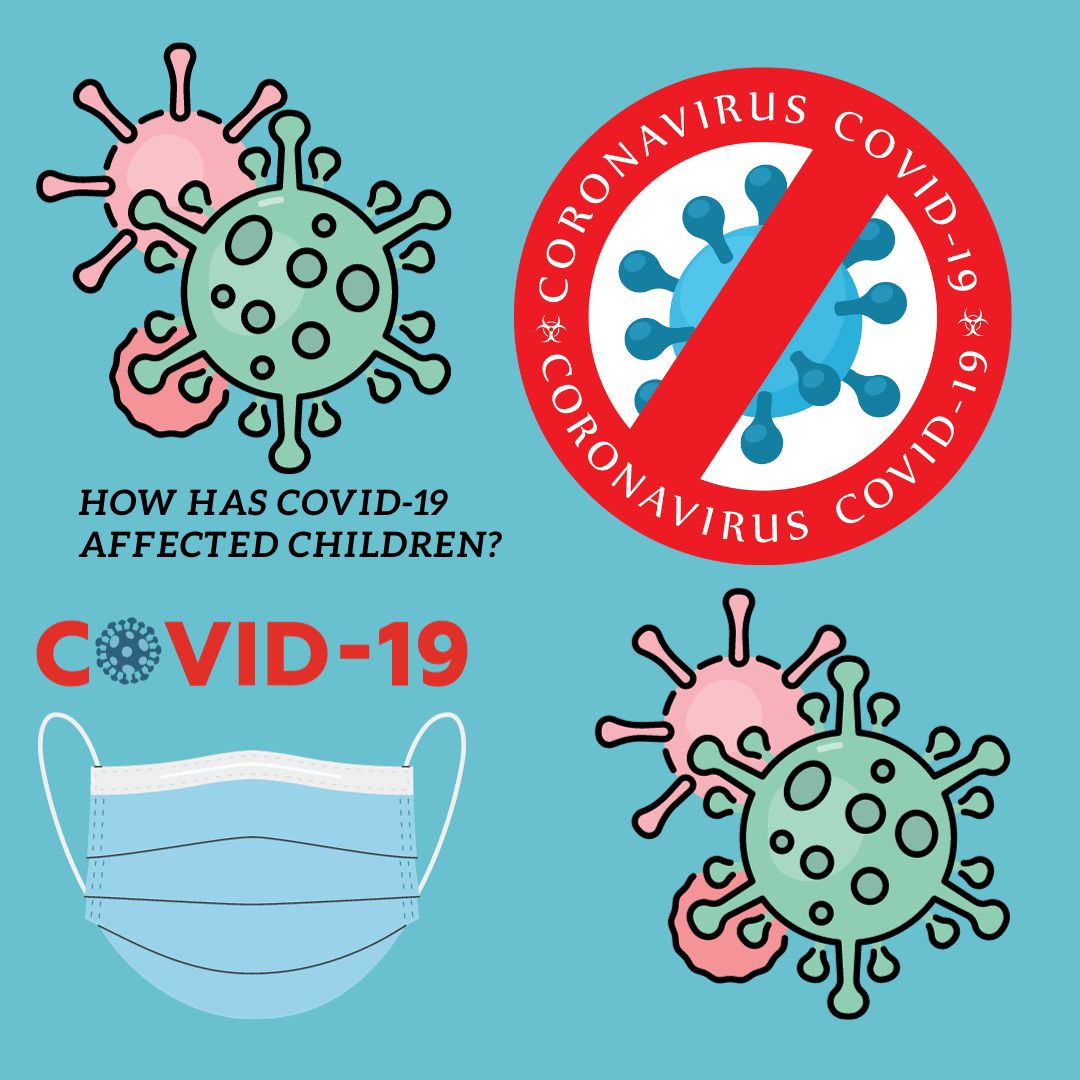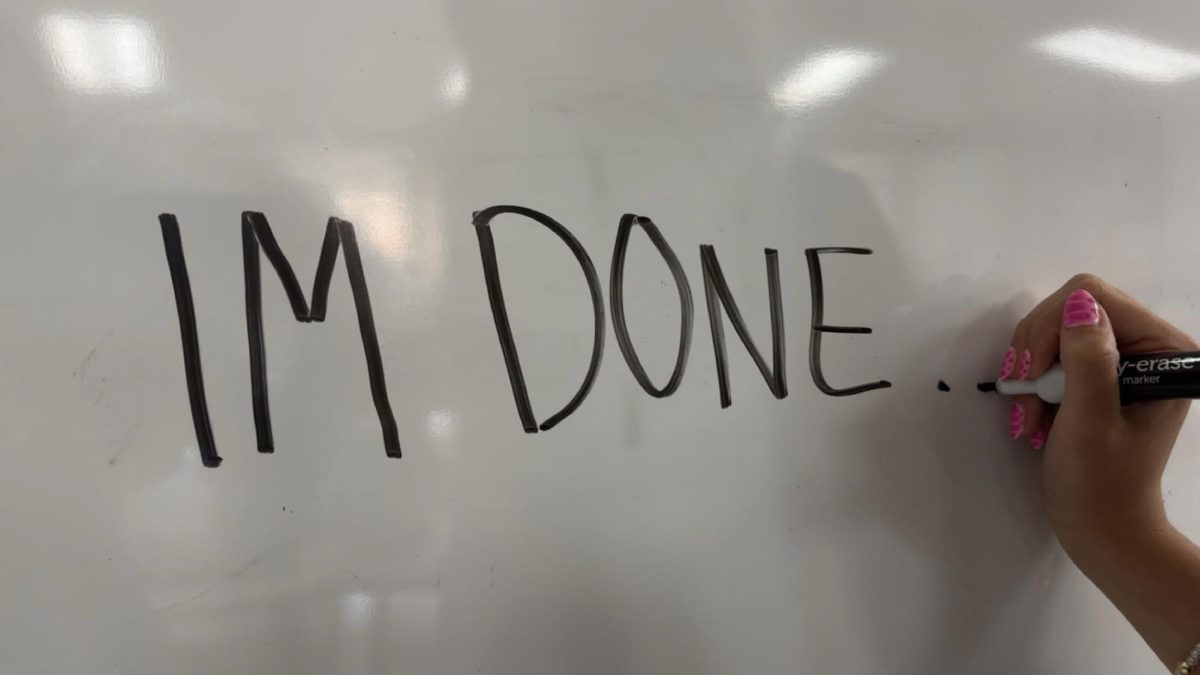Small children raised in that time have been called “COVID kids.” A child’s brain is like a very absorbent sponge: it soaks up everything, the good and the bad. Humans by nature are social creatures. A vital part of child development is socialization and watching how people around them interact.
When lockdown came into effect in March of 2020 it caused parents to stop social outings and their children’s play dates. Even families weren’t allowed to gather in groups larger than ten.
Kids at this time weren’t able to see each others’ facial expressions due to mandated masks. Children weren’t able to learn as much as they should’ve since online school didn’t seem mandatory. Due to this, kindergarten standard requirements have been lowered drastically. According to The National Center for Education Statistics, half of all kids in the U.S. school system are estimated to be a grade behind in at least one subject.
“Due to isolation and online learning, some children have experienced learning delays as well as increased social anxiety,” said Dr.Thomas Kane of the Center for Education Policy Research at Harvard University.
Schools that were considered high poverty held classes online for an extended period, leaving young children in poorer school districts to be stunted in their learning growth.
Students expressed that online school caused them to become anxious in social settings. Some even expressed concerns about feeling self-conscious when not wearing masks in public.
“The pandemic personally made me a lot more anti-social and scared to interact with others,” said sophomore Flynn Thurman. “Even students around my age have stunted social abilities due to the isolation during COVID, so I can’t imagine what it would have done to an even younger child.”
The pandemic has affected all ages but young children don’t have the attention span that is required to pay attention in online school.
“Being isolated and keeping children indoors instead of letting them interact makes them more agitated when they are put into social settings they aren’t normally used to,” said Kaitlyn Winder, mother of a ‘pandemic kid.’ “Keeping them away from others affects also how they control their emotions. They learn from each other as well as from adults around them.”
Children learn by mimicking and if they can’t mimic what they can’t see they can’t learn. They watch our emotions and the way we react and handle situations. Environments that create overstimulated children who grow into overstimulated adults, who never had the chance to properly learn.
With restrictions lessening and things slowly starting to go back to normal. With a little help, these kids might be able to catch up again, not only with schooling but with vital developmental milestones. As vaccines continue to improve and become more widespread and the knowledge of what lockdown did becomes more available, we as a society will continue to help and improve the lives of these so-called ‘COVID Kids.’



